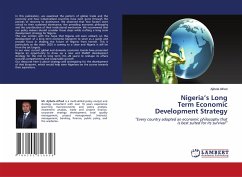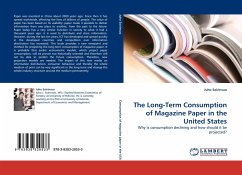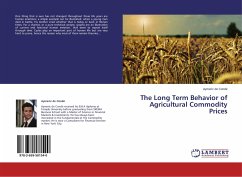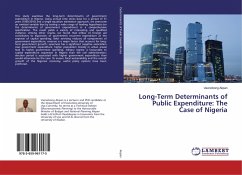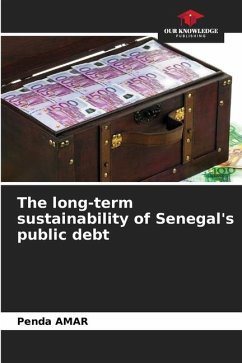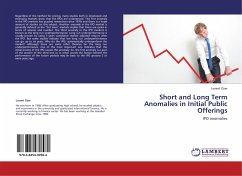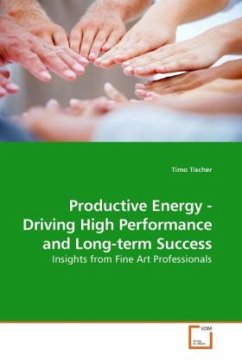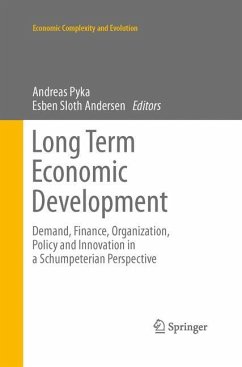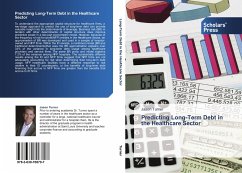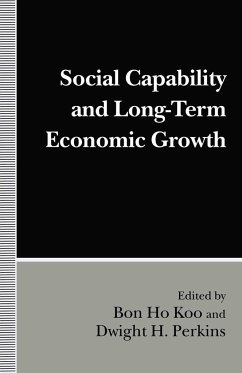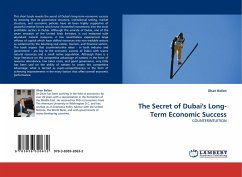
The Secret of Dubai''s Long-Term Economic Success
COUNTERINTUITION
Versandkostenfrei!
Versandfertig in 6-10 Tagen
32,99 €
inkl. MwSt.

PAYBACK Punkte
16 °P sammeln!
This short book reveals the secret of Dubai's long-term economic success by showing that its governance structure, institutional setting, market structure, and economic policies have all been highly supportive of powerful market forces which have channeled investments into the most profitable sectors in Dubai. Although the emirate of Dubai, one of the seven emirates of the United Arab Emirates, is not endowed with abundant natural resources, it has nevertheless experienced large inflows of capital which have shifted resources into non-tradable sectors as evidenced by the booming real estate, t...
This short book reveals the secret of Dubai's long-term economic success by showing that its governance structure, institutional setting, market structure, and economic policies have all been highly supportive of powerful market forces which have channeled investments into the most profitable sectors in Dubai. Although the emirate of Dubai, one of the seven emirates of the United Arab Emirates, is not endowed with abundant natural resources, it has nevertheless experienced large inflows of capital which have shifted resources into non-tradable sectors as evidenced by the booming real estate, tourism, and financial sectors. The book argues that counterintuitive ideas - in both industry and government - are key to the economic success of Dubai with scarce natural resources and a small native population. Although there is a huge literature on the competitive advantage of nations in the form of resource abundance, low labor costs, and good governance, very little has been said on theability of nations to create this competitive advantage; what is termed as super-competitiveness in the form of achieving improvements in the many factors that affect overall economic performance.



